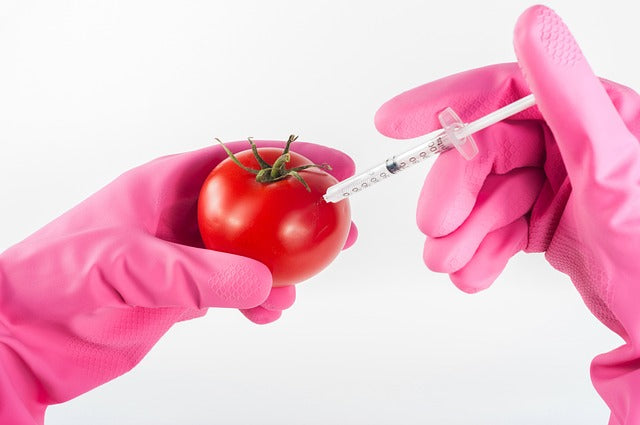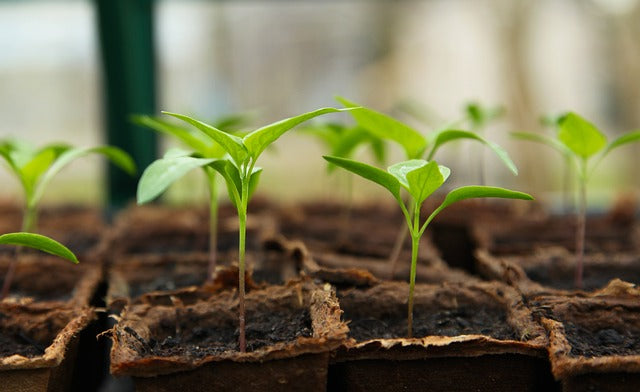There are so many vague foods labels these days that it could make anyone's head spin. One in particular that has caused confusion for many is the non-GMO Project verified label. But what does non-GMO actually mean, and why should we even avoid GMO foods?
To define non-GMO, it helps to define what a GMO is first. Put simply, it's a genetically modified organism (GMO) that was created in a lab to alter a food in some way, whether it's to make it resistant to pests or to grow a more robust crop. Either way, it's not natural.
Most sources of GMO come from soy, corn, canola, sugar beets, and cotton (check out this list from the Non-GMO Project for common GMO plants). Unfortunately, most of the world's packaged foods contain at least one of these ingredients. But more foods are popping up on shelves with the non-GMO Project verified label, so it's easier than ever to make the switch.
To better understand why we should avoid them, it's important to understand what else non-GMO means.
Non-GMO means more natural.
I don't know about you, but I'd rather get as much of my food from the earth as possible rather than from a lab, where it can be manipulated and potentially cause risks to my health and the environment. Genetically modified foods can contain pesticides and other potentially toxic manmade ingredients, and the technology behind genetically engineering food has no rhyme or reason, meaning when scientists add genes to a food they have no idea where those genes actually go or what they'll do.
Non-GMO means more careful analysis.
All foods with the non-GMO Project verified label are carefully analyzed to ensure no GMOs were added. These foods have gone through rigorous testing to minimize contamination risk, making them safer to eat.
Non-GMO means more organic foods.
All organic foods are automatically non-GMO, though the reverse is not always the case. A food that is non-GMO is not necessarily considered organic, but if you shop around you'll notice that most foods with this label have also been verified organic by the USDA.
So how do we avoid GMO foods?
Make sure to look for the non-GMO verified label, of course, but also try to buy organic, purchase locally grown foods as much as possible, and consider growing your own. I've never had much of a green thumb, but I'm toying with the idea of growing some veggies of my own this year. The best part? You may just find—like I did—that buying local, buying organic, and growing your own are not only better for you, but the food tastes better too. Stay natural!
SIDEBAR
Most of us don't think about animal byproducts when buying non-GMO, but they're also quite common. Before making a purchase, check for the non-GMO Project verified label on foods like:
- Eggs
- Honey
- Meat
- Milk
- Micro-organisms (like enzymes and cultures)
- Gelatin




